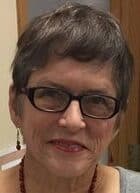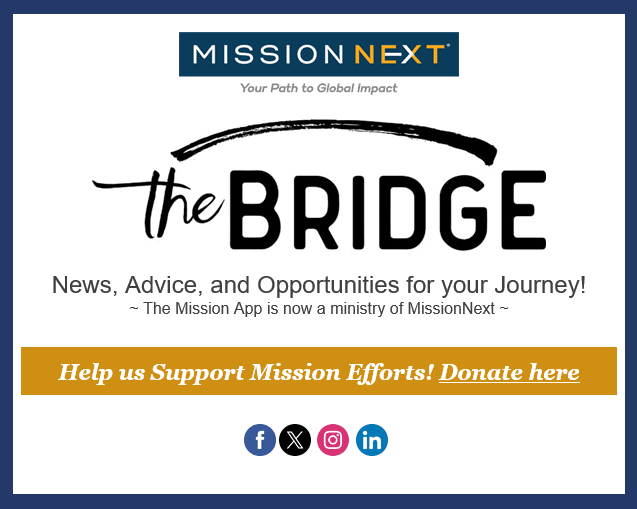Mission work requires flexibility. Going to a new culture or country to serve means adjusting to new norms and customs. You may be prepared for some of these customs, but others may completely throw you off guard. At Black Forest Academy in Germany, where my husband and I taught for seven years, we decided that BFA also stood for “Be Flexible Always.” Here are a few topics to consider and resources to help.
Daily Activities can be Challenging or Surprising
Milk is called pienas in Lithuania and is sold in a plastic bag. It is served by dropping the bag into a plastic pitcher and snipping the corner of the bag for serving. However, buttermilk is also sold in this way, and it is called pasuku. Before I knew the words, I shook the bags since they sounded different. Not knowing which was which could make that first bite of morning cereal very surprising!
You may only have local markets rather than grocery stores where you go. I have a friend who served in a place where it was rare to be able to purchase already baked bread. If she wanted bread, she went to the market and purchased grain. Then she picked the bugs from among the kernels, ground the grain into flour, and finally began to mix the dough to bake a loaf of hearty bread.
Washing machines were much smaller, and dryers, if there were any, were likely less efficient or could shrink your clothes if you didn’t watch carefully. (I am speaking from experience!)
In Germany, the restaurants and grocery stores are very quiet with barely audible conversations. In Spain, on the other hand, there are boisterous conversations and animated interactions! Learn more about this and other cultural differences in greater depth.
You may also have heard that timeliness varies across the globe. If you go to a culture that is NEVER on time when you are ALWAYS on time, there will be a lot of adjustment needed on your part. The opposite is also true. We are guests in their country, so we adjust to their rules and do not force our expectations on them. Learn more.
Every Society has its Unwritten Rules and Expectations
A parking ramp, when available, will be clearly labeled as to which direction is in and which is out. Of course, being able to read the language is vital. Otherwise, you may find yourself lost in the maze! I also learned that even if a parking lot was not labeled with “in” or “out” signs, and the parking spaces were not diagonal to indicate a flow, there were in and out rules. Laughter or disgust occurred when the rule was broken. Again, the voice of experience is speaking! How one handles being laughed at or scolded in such a situation might determine one’s ability to act graciously (and learn quickly!) amid social pressure.
Considering your general life approach, as well as spiritual vitality, are important factors as one evaluates mission readiness. The following are just a few more sites that offer much to think about.
- https://p2c.com/students/articles/is-god-calling-me-to-go-on-a-mission-trip/
- https://www.send.org/canada/blog/am-i-ready-to-serve-in-missions
- https://www.crosswalk.com/faith/spiritual-life/5-questions-to-ask-before-you-commit-to-a-mission-trip.html
- https://askamissionary.com/hard-things-about-missionary-life/
- https://ourgoodwinjourney.com/heartday4

Helen McCormack, Journey Guide Director, MissionNext Education
Helen and her late husband David confirmed God’s first call to missions at a MissionNext Conference in 2002. After three short-term (2-4 month) projects in Lithuania, they joined Wycliffe Bible Translators. They then taught for seven years at Black Forest Academy in Germany. Black Forest Academy serves mostly missionary families who work in over 50 countries throughout Europe, Asia and Africa. Helen now serves as a Journey Guide with MissionNext.







